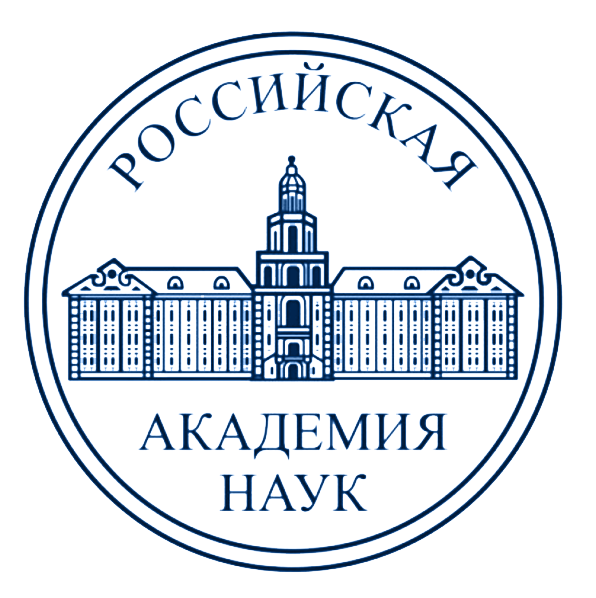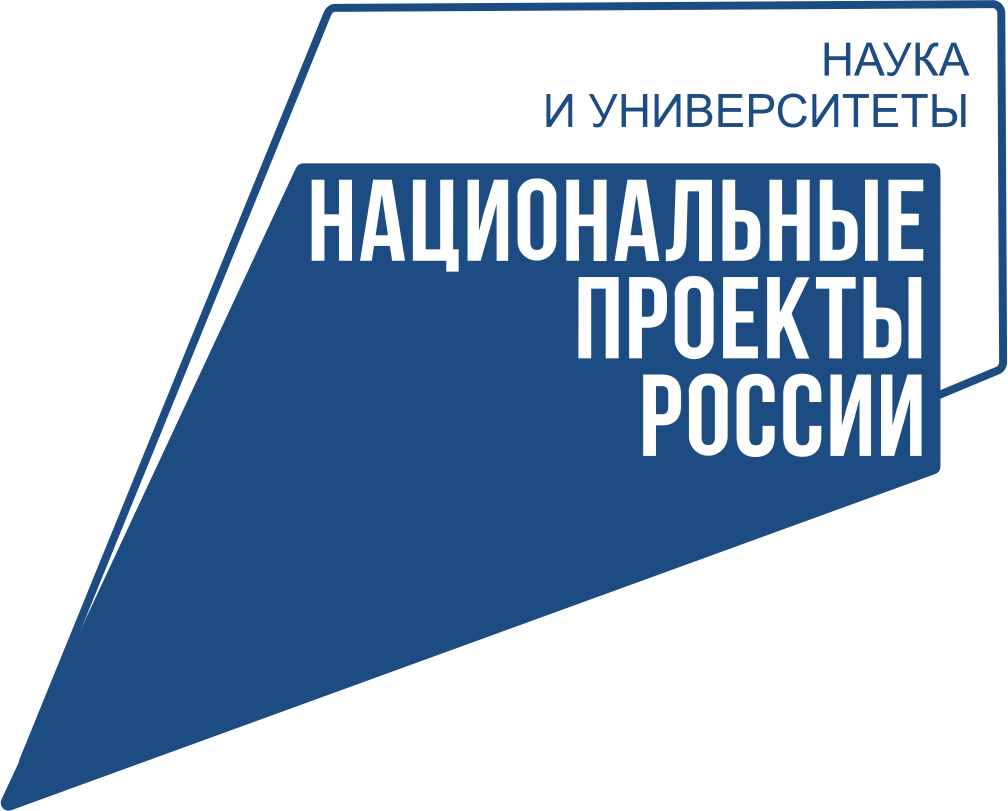 All-Russian Museum and Historical Project “Alexander Nevsky: The Great Northern Route”.
All-Russian Museum and Historical Project “Alexander Nevsky: The Great Northern Route”.
To the 800th anniversary of the statesman, commander and saint.
Prince Alexander Nevsky, an outstanding commander, political and statesman of Russia in the 13th century, played a big role in the history of Russia, not only in the era when he lived. In the 14th-15th centuries in the culture of the independent republican entities of Veliky Novgorod and Pskov, Alexander Nevsky personified the struggle against Western expansion. In the 16th-17th centuries the historical memory of Alexander Nevsky was important as a milestone in the dynastic history of the Moscow grand dukes and tsars. Finally, Peter I viewed Alexander Nevsky as his predecessor in moving northwestward, in foreign policy in the Baltic. For St. Petersburg, Alexander Nevsky is a patron saint, the forerunner of Peter I. It is the northern direction that distinguished the policy of Alexander Nevsky that explains his constant presence in the culture of St. Petersburg.
The project «Alexander Nevsky: The Great Northern Route» aims to further investigate, as well as present for a wide review and discussion various aspects of the biography and history of veneration of Alexander Nevsky. The geography of the project is Novgorod – Vladimir – St. Petersburg. This corresponds not only to the milestones in the life of the prince, but also to the path of the holy relics of Alexander Nevsky, transferred in 1723 from Vladimir to the capital. As it moved from central Russia to the North, the procession visited Veliky Novgorod – the place of reign of Alexander Nevsky, and then arrived in St. Petersburg.
The project will be implemented from April to December 2021, and will unite museums, universities and academic institutions in Moscow, St. Petersburg, Murmansk, Vladimir, Suzdal, Veliky Novgorod, Pskov, Torzhok, Tver. It will include exhibitions with unique exhibits from the funds of federal and regional museums, as well as archival documents showing the advancement of Rus – Russia in a strategically important direction at all times, including in the 21st century – to the north. The project will become the only link in a series of anniversary celebrations that will focus on this northern aspect of the life and work of one of the main heroes of Russian history.
The project is organized by: St. Petersburg Institute of History of the Russian Academy of Sciences, ROSSPEN Publ., Norilsk Nickel.
Project partners: Vladimir-Suzdal Historical, Art and Architectural Museum-Reserve, Military-Historical Museum of Artillery, Engineering Corps and Signal Corps, Vyborg United Museum-Reserve, State Museum of the History of St. Petersburg, Novgorod State United Museum-Reserve.
Events program:
April 7, 2021. Opening of the exhibition in the Novgorod State United Museum-Reserve «Alexander Nevsky: the Legend of the Warrio», the international scientific conference-colloquium «Alexander Nevsky – Warrior and Politician» (Veliky Novgorod);
August 12, 2021. Opening of the exhibition in the Vladimir-Suzdal history, art and architecture museum-reserve «Alexander Nevsky: the Legend of the Saint», scientific colloquium «Alexander Nevsky and Vladimir land» (Vladimir);
December 6, 2021. Opening of the exhibition at the State Museum of the History of St. Petersburg «Alexander Nevsky: the Legend of the Hero», International scientific conference timed to the 800th anniversary of the birth of Alexander Nevsky “Alexander Nevsky in the Historical Memory of Russia» (St. Petersburg).
The additional program includes the creation and screening of two documentaries: “Alexander Nevsky. Life after life “(about the transfer of the relics of Alexander Nevsky from Vladimir to St. Petersburg under Peter the Great) and” Sergei and Alexander “(about how the film of S. M. Eisenstein” Alexander Nevsky “was filmed). Within the framework of the project, thematic lectures will be delivered by leading experts on the era of Alexander Nevsky. In addition, a unique photo album “The Reliquary of Alexander Nevsky” will be published and presented.
 The publishing house “PA Tribunsky” has published another volume from the series “Recent Russian History: Research and Documents” N.N. Platonova. Diary (1889-1921). Vol. 12. Introduction article by E.A. Rostovtsev, A.N. Tsamutali. ISBN 978-5-94473-021-3
The publishing house “PA Tribunsky” has published another volume from the series “Recent Russian History: Research and Documents” N.N. Platonova. Diary (1889-1921). Vol. 12. Introduction article by E.A. Rostovtsev, A.N. Tsamutali. ISBN 978-5-94473-021-3










